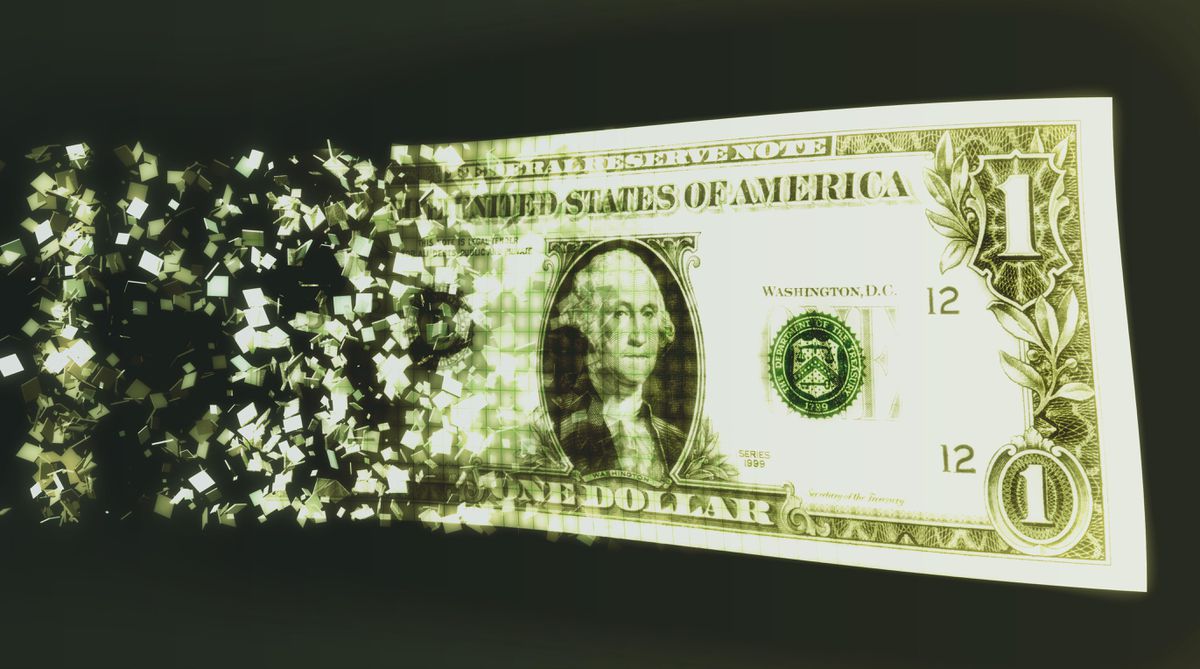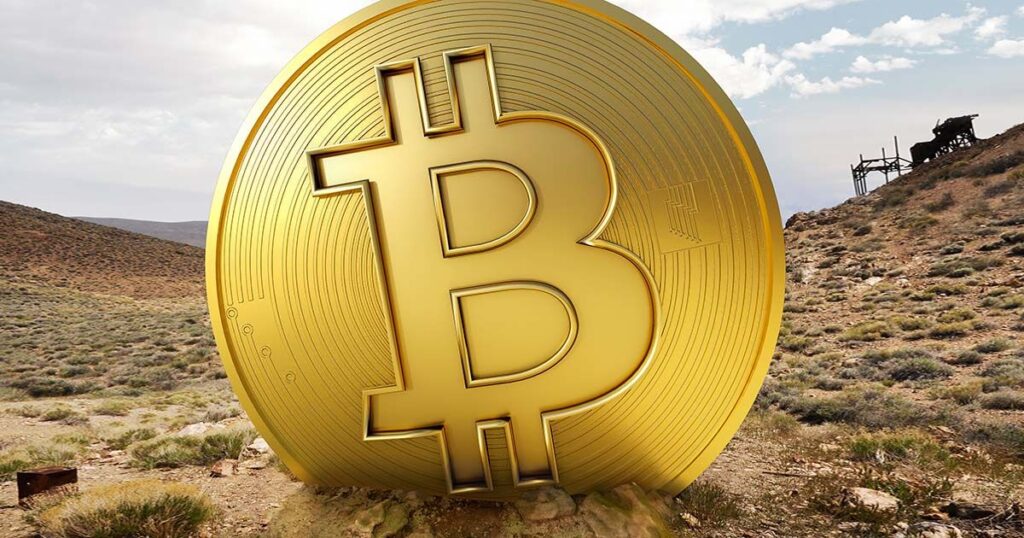 The Office of the Comptroller of the Currency (OCC) has issued its second letter this afternoon allowing U.S.financial institutions to back digital dollar stablecoins under the leadership of Acting Comptroller Brian Brooks.This letter permits U.S.financial institutions to hold deposits as reserves for stablecoins that represent fiat currency such as the U.S.dollar.
The Office of the Comptroller of the Currency (OCC) has issued its second letter this afternoon allowing U.S.financial institutions to back digital dollar stablecoins under the leadership of Acting Comptroller Brian Brooks.This letter permits U.S.financial institutions to hold deposits as reserves for stablecoins that represent fiat currency such as the U.S.dollar.
The OCC regulates large national banks such as Wells Fargo WFC and J.P.Morgan Chase, so the guidance from this agency only applies to ‘National Associations’ and ‘Federal Savings Banks’.In coordination with the OCC, a statement from the Securities and Exchange Commission (SEC), the agency that has for the most part dominated this area of regulation in the U.S., supported the actions as well.US dollar bill and binary code Getty
The OCC defines stablecoins narrowly in this letter as applying to 1:1 backed stablecoins that represent a U.S.
dollar.“Stablecoins refer to cryptocurrency backed by an asset such as a fiat currency, including U.S.dollars or other foreign currency,” says the press release by the OCC.As in the last interpretive letter where the OCC was permitted to custody crypto as part of a bank’s safekeeping activity, this letter is as a response to a question from the banking industry where the U.S.
federal agency applies new guidance in specific situations.
“National banks and federal savings associations currently engage in stablecoin-related related activities involving billions of dollars each day,” Acting Comptroller of the Currency Brian P.Brooks said.“This opinion provides greater regulatory certainty for banks within the federal banking system to provide those client services in a safe and sound manner.”
As mentioned, the SEC issued a statement to support the OCC’s interpretation today.
“We believe that market participants may structure and sell a digital asset in such a way that it does not constitute a security and implicate the registration, reporting, and other requirements of the federal securities laws,” says the statement which comes from the SEC FinHub Staff.The SEC does also look to caution that simply calling a cryptocurrency a ‘stablecoin’ does not excuse such a cryptocurrency from being declared a security.
For the OCC, the argument as laid out in its interpretive letter as written by Jonathan V.Gould, Senior Deputy Comptroller and Chief Counsel, clarifies the reason why the agency is offering this interpretive letter at this time.“Companies that issue stablecoins often desire to place the funds backing the stablecoin, or reserve funds, with a U.S.bank,” says the letter.
“Public independent auditors’ statements of several stablecoin issuers indicate reserve funds are placed as deposits with U.S.banks.Several of these issuers promote these reserves—and the fact that they are held by banks—to support the trustworthiness of their stablecoin.In light of the public interest in these reserve accounts, this letter addresses the legal authority of national banks to hold stablecoin reserves on behalf of customers.”
Jeremy Allaire, the CEO and Chairman of Circle who is an issuer of the USD Coin (USDC), commented, “Today’s newly issued guidance and commentary from the US Treasury’s Office of the Comptroller of the Currency (OCC) represents significant progress for the advancement of digital dollar stablecoins in the US financial system.” Allaire also noted that, “As an issuer the guidance validates the approach we have taken in building a resilient, powerful and open standard for the use of digital dollars on the internet.”
The USDC has increased from over $500 Million in stablecoins to over $2 Billion as of September 13, showing the increased use of these types of digital assets.
Recently, Allaire interviewed Brooks on his podcast called “The Money Movement” where the two discussed the digital dollar stablecoin together.
To explain how this works in simplest terms, the letter offers an example where “…some stablecoin issuers may desire to place the cash reserves backing their issued stablecoin with a national bank.In the most basic example, a stablecoin issuer may seek to place its reserve funds in a deposit account with a national bank”.
The letter outlines the expectations the OCC will have for banks that choose to hold reserves that back stablecoins, including an understanding of the risks related to cryptocurrency.Furthermore, the letter notes that banks who choose to hold reserves for stablecoins must conduct due diligence including the Bank Secrecy Act (BSA) and Know Your Customer (KYC) requirements.
“The due diligence process should facilitate an understanding of the risks of cryptocurrency and include a review for compliance with applicable laws and regulations, including those related to the Bank Secrecy Act (BSA) and anti-money laundering,” states the letter.
The OCC offers in its letter how “Companies that issue stablecoins often desire to place the funds backing the stablecoin, or reserve funds, with a U.S.bank.
Public independent auditors’ statements of several stablecoin issuers indicate reserve funds are placed as deposits with U.S.banks.
Several of these issuers promote these reserves—and the fact that they are held by banks—to support the trustworthiness of their stablecoin.In light of the public interest in these reserve accounts, this letter addresses the legal authority of national banks to hold stablecoin reserves on behalf of customers.” (Excerpt) Read more Here | 2020-09-21 21:30:00.
